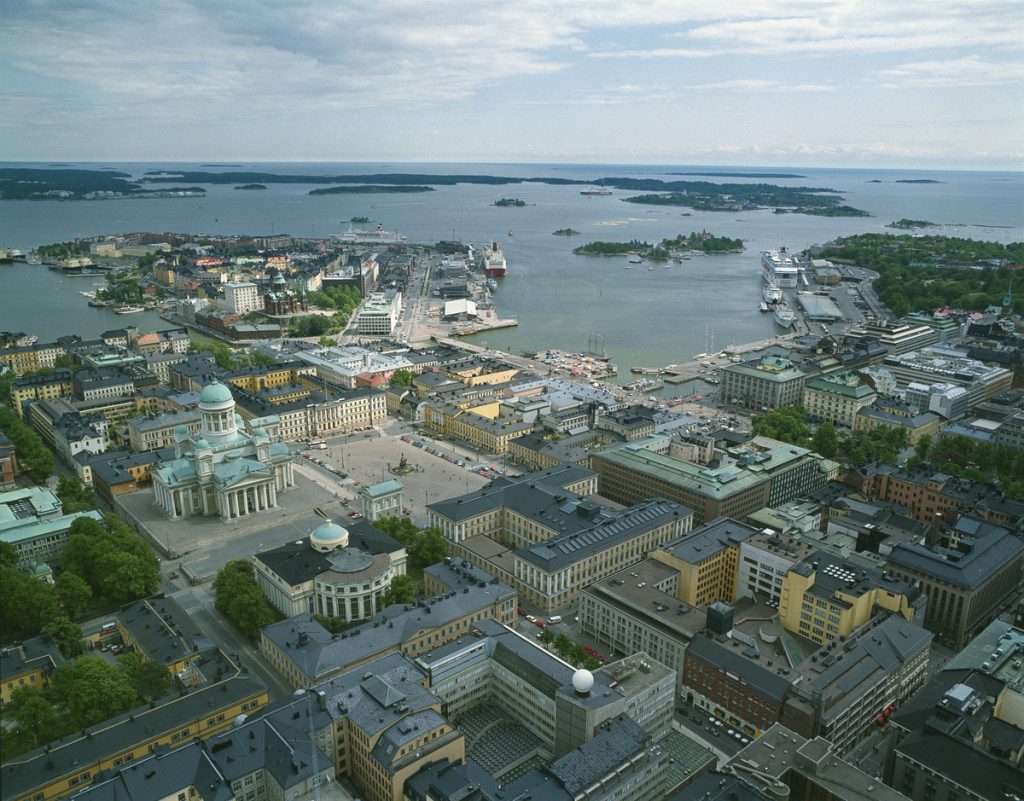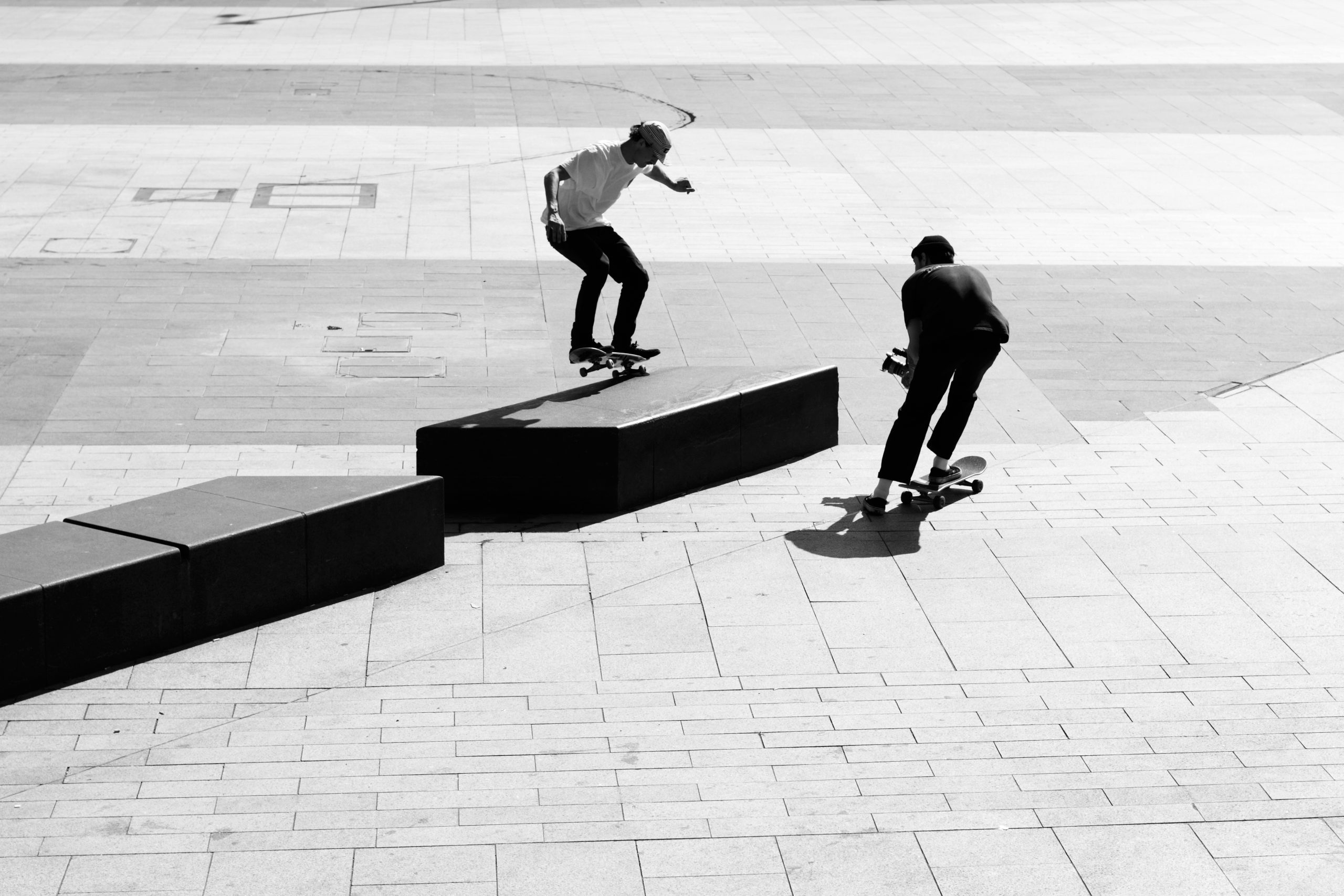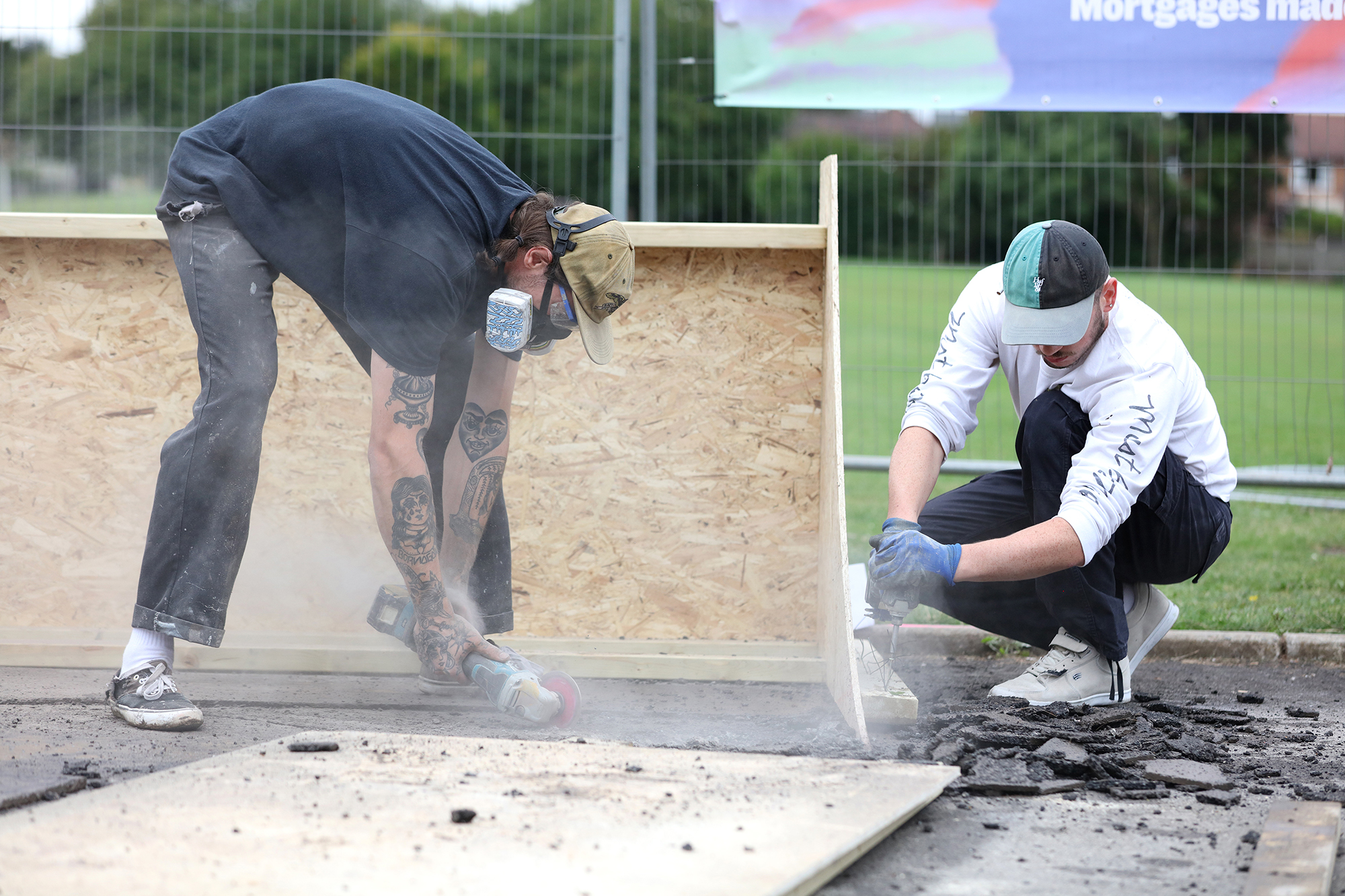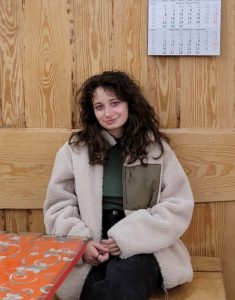Vuoden 2023 vuosikokous järjestetään keskiviikkona 31.5.2023 klo 17.00 alkaen. Kokouspaikkana on Rikhardinkadun kirjaston Aurora-kokoushuone (Rikhardinkatu 3, 00130 Helsinki). Kokoukseen on myös mahdollista osallistua etäyhteydellä. Vuosikokouksessa käsitellään vuoden 2022 tilinpäätös ja toimintakertomus, vuoden 2023 toimintasuunnitelma ja valitaan hallitus vuodelle 2023.
Jos osallistut kokoukseen etäyhteydellä, ilmoittauduthan etukäteen sähköpostilla SKTS:n sihteerille skts(at)kaupunkitutkimuksenseura.fi viimeistään 29.5.2023. Ohjeet etäyhteydellä osallistumisesta lähetetään ilmoittautuneille.
Tervetuloa!
VUOSIKOKOUKSEN ESITYSLISTA
-
- Kokouksen avaus
- Kokouksen puheenjohtajan, sihteerin, pöytäkirjantarkastajien ja ääntenlaskijoiden valinta.
- Kokouksen laillisuus ja päätösvaltaisuus.
- Kokouksen esityslista.
- Vuoden 2022 tilinpäätös sekä toimintakertomus ja toiminnantarkastajan lausunto.
- Tilinpäätöksen vahvistaminen ja vastuuvapauden myöntäminen vuoden 2022 hallitukselle ja muille vastuuvelvollisille.
- Vuoden 2023 toimintasuunnitelma, tulo- ja menoarvio sekä jäsenmaksun suuruus.
- Seuran hallituksen puheenjohtajan ja muiden hallituksen jäsenten valinta vuodelle 2023.
- Toiminnantarkastajan ja hänen varahenkilönsä valinta.
- Muiden kokous kutsussa mainittujen asioiden käsittely.
- Kokouksen päättäminen




